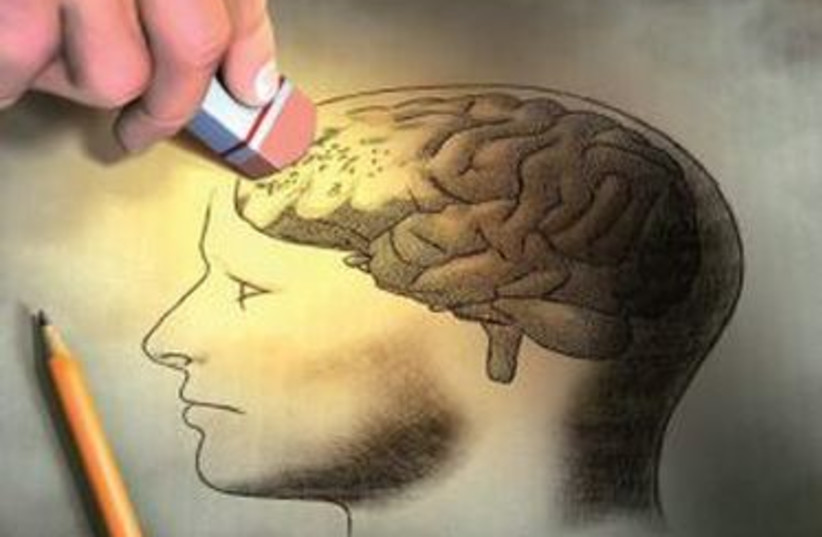Dementia is defined as a syndrome characterized by the loss of memory, thinking, behavior, language and the ability to perform day-to-day activities.
Frontotemporal dementia (FTD), which the famous Hollywood actor Bruce Willis was recently reported to have been diagnosed with, is one of the least common forms of dementia, accounting for only 2% of diagnoses. Alzheimer's disease is the most common form in the world.
How do we know in advance if we might get dementia? Here are some signs that may lead to it.
Money donations
Giving money to strangers may be an early warning sign of Alzheimer's disease, according to a study by the University of Southern California (USC) and Bar-Ilan University in Israel, which linked financial altruism to the early stages of the disease.
The results, published in the Journal of Alzheimer's Disease, indicated that those who were at higher risk of developing Alzheimer's disease were also more willing to give money to a person they had never met before.

Dr. Duke Han, a professor of neuropsychology at USC who led the study, said that "it is estimated that the problem in dealing with money is one of the early signs of Alzheimer's disease."
A tendency for humor and comedy
Researchers from University College London found that people who have dementia are more likely to enjoy watching satirical comedies than other people around the same age.
According to a study published in the Journal of Alzheimer's Disease in 2015, people with the disease begin to favor slapstick jokes nine years before typical dementia symptoms begin.
In addition, it has also been found that people with FTD are more likely to find tragic events funny, or to laugh at things that others do not define as funny. The researchers say these changes in humor may be caused by the brain shrinking in the frontal lobes.
Unkept clothes
Wearing loose, ill-fitting, mismatched clothing may be another sign of Alzheimer's. Researchers describe people with dementia as those who are less able to dress, they need encouragement and help, so they tend to remain in untidy clothes and in poor condition.
Bad driving
Memory loss can make an Alzheimer's patient not good at driving anymore. The disease can affect motor skills, memory and thought processes, making them react slowly and poorly when driving cars and make sudden changes on the road.
Insults and inappropriate behavior
Uttering insults in inappropriate situations may be another warning sign of illness. Researchers at the University of California, Los Angeles found that people with FTD are more likely to use profanity. According to experts, even walking around naked in public and hitting strangers are all signs of the disease.
The prefrontal cortex in the frontal lobes of the brain is the part that controls our behavior, but when you have Alzheimer's disease, this part of the brain shrinks.
The Alzheimer's Association stated: "These situations can be very confusing, disturbing, traumatic or frustrating for the person suffering from dementia, as well as for those close to them. The person with dementia may not understand why their behavior is considered inappropriate."
